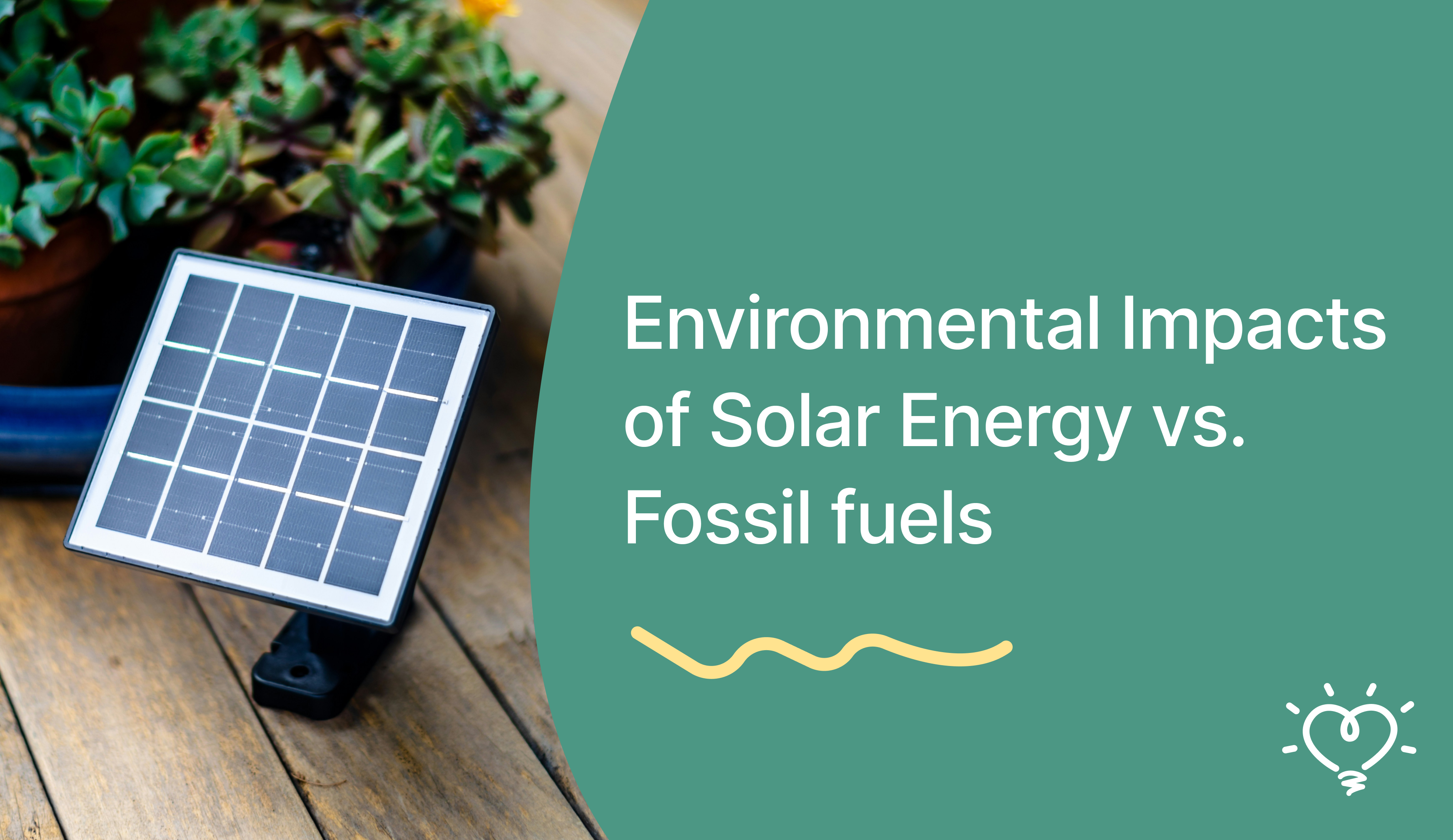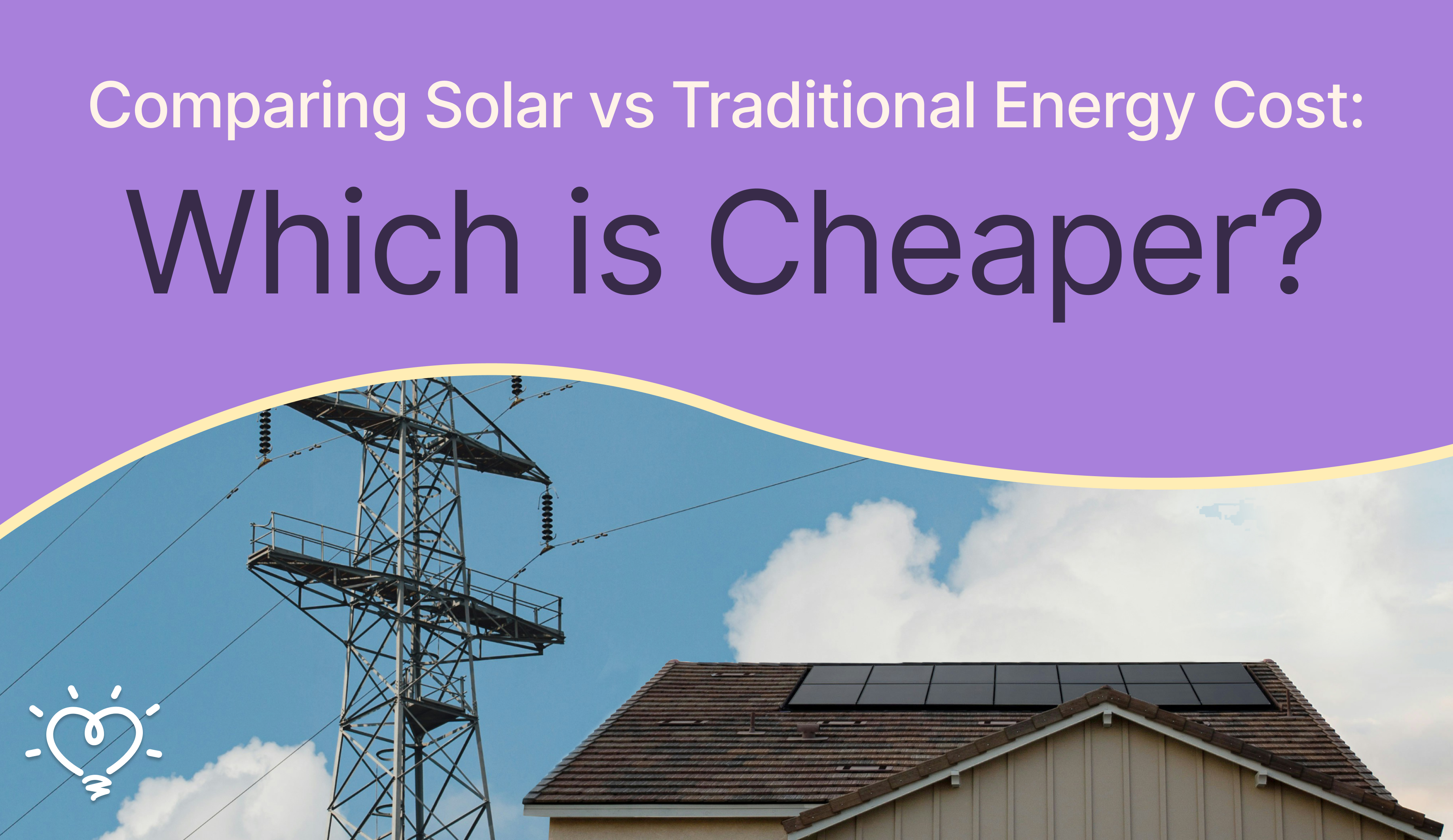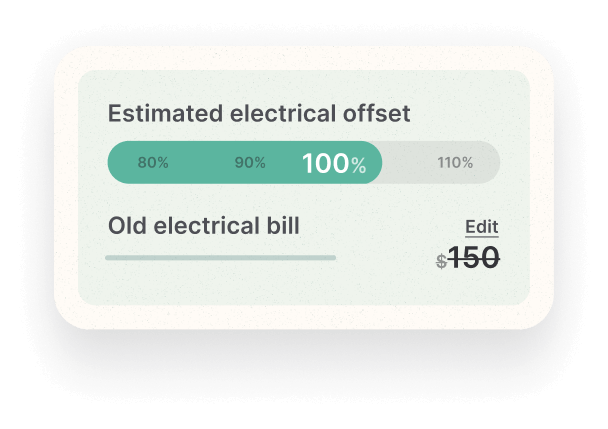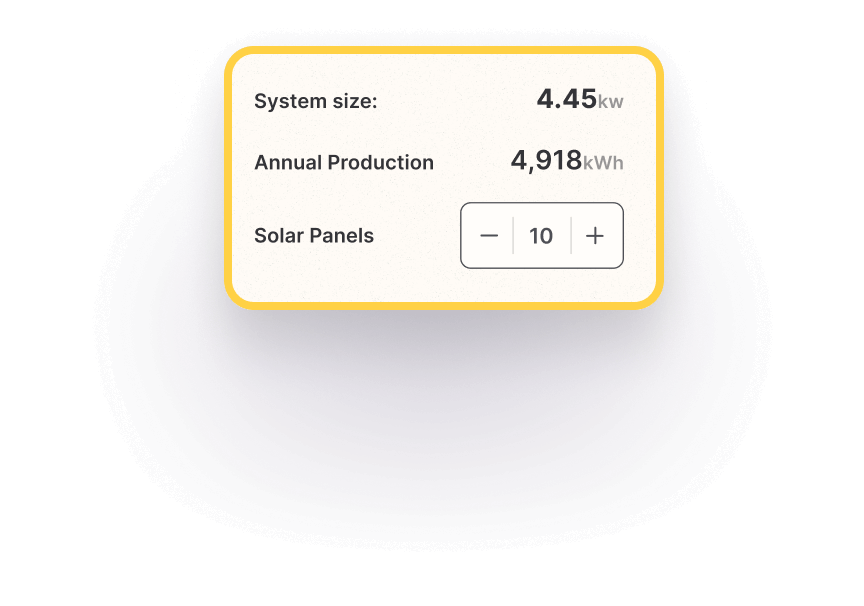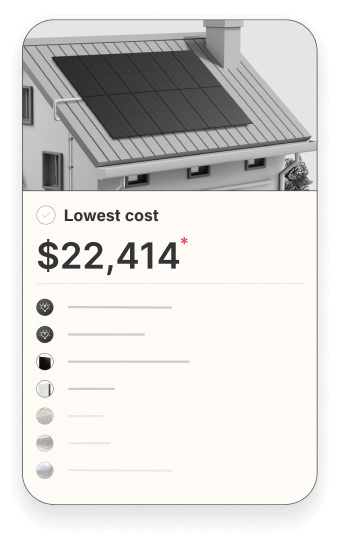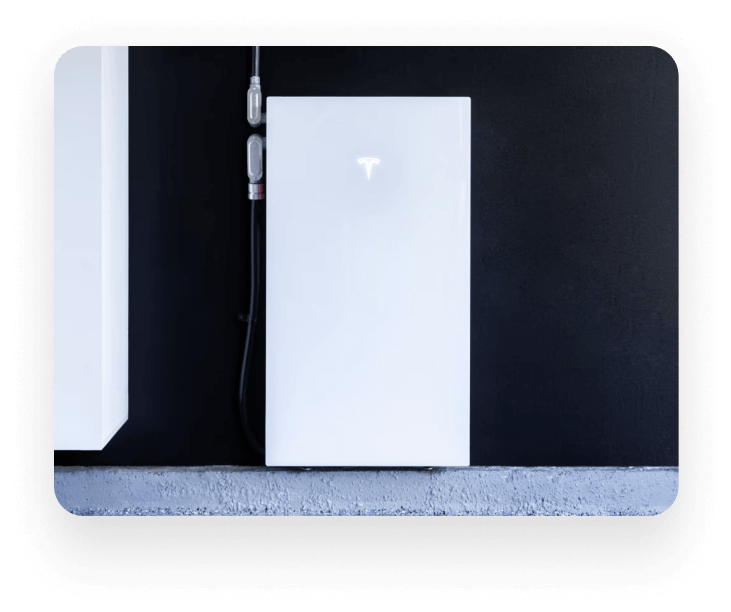Exploring alternative energy options is relevant as natural energy sources become more expensive and less readily available.
For homeowners looking to make changes to live more sustainably and gain independence from traditional power sources, highlighting solar energy (and how it compares to the usage of fossil fuels) and the value it provides is becoming increasingly important.
Both energy sources power our modern world, but their environmental impacts drastically differ. In this blog post, we’re comparing these differences, highlighting the environmental roles each plays and why the shift towards solar energy is becoming increasingly important for the health of our planet.

The Environmental Impact of Fossil Fuels
Fossil fuels—coal, oil, and natural gas—have been the backbone of industrial development for centuries. However, their extraction, processing, and combustion have significant adverse environmental effects.
Environmental Drawbacks of Using Fossil Fuels
1. Greenhouse Gas Emissions
The most critical environmental impact of fossil fuels is the emission of greenhouse gasses, particularly carbon dioxide. Burning fossil fuels for electricity and heat is the largest global source of greenhouse gas emissions. These emissions trap atmospheric heat, leading to global warming and climate change. According to the Environmental Protection Agency (EPA), electricity production generates the largest share of greenhouse gas emissions, with fossil fuels accounting for approximately 63% of U.S. electricity generation in 2022.
2. Air Pollution
Fossil fuel combustion releases other toxic pollutants such as sulfur dioxide (SO2), nitrogen oxides (NOx), and particulate matter (PM) into the air. These pollutants can cause respiratory problems, cardiovascular diseases, and premature deaths. They also contribute to the formation of acid rain, which can damage forests, soils, and aquatic ecosystems.
3. Water Pollution and Usage
The extraction and processing of fossil fuels often result in water pollution. Oil spills, coal mining runoff, and hydraulic fracturing (fracking) fluids can contaminate water supplies, harming aquatic life and human health. Additionally, fossil fuel extraction and cooling processes for power plants consume vast amounts of water, putting pressure on water resources, especially in dry, arid regions or areas prone to drought.
4. Habitat Destruction and Biodiversity Loss
The extraction of fossil fuels often involves significant land disturbance, deforestation, and habitat destruction. Mining activities, drilling operations, and infrastructure construction, such as pipelines and roads, fragment landscapes, displacing wildlife and leading to biodiversity loss.

The Environmental Impact of Solar Energy
Solar energy, derived from the sun’s radiation, is a renewable and virtually inexhaustible resource. Its environmental impacts are considerably lower than those of fossil fuels, making it a more sustainable option.
Key Environmental Benefits of Using Solar Energy
1. Minimal Greenhouse Gas Emissions
Solar power systems generate electricity without emitting greenhouse gasses. Emissions associated with the manufacturing, transportation, and installation of solar panels are minimal compared to emissions from fossil fuels. Plus, over an operational lifetime, solar panels offset the emissions from their production, leading to a net positive impact on reducing global carbon dioxide levels.
2. Reduction in Air Pollution
Solar energy production does not release pollutants into the air. By replacing fossil fuel-based power plants with solar energy systems, we can significantly reduce the amount of SO2, NOx, and PM released into the atmosphere, leading to cleaner air and healthier populations.
3. Low Water Usage
Solar photovoltaic (PV) systems require little to no water to operate, unlike coal, natural gas, or nuclear power plants, which need substantial amounts of water for cooling. This makes solar energy an excellent option for arid regions and areas facing water scarcity – especially important in regions where drought and climate change impact annual rainfall.
4. Minimal Habitat Disruption
Large-scale solar farms require significant land but generally have a lower environmental impact than fossil fuel extraction. Still, solar panels can be installed on rooftops and other built environments, reducing the need for land use and avoiding habitat disruption.

Solar Energy vs. Fossil Fuels
The environmental benefits of solar energy over fossil fuels are clear, but the transition has challenges.
Solar energy production is not always guaranteed, depending on weather and time of day, but with advancements in energy storage and grid management, maintaining a reliable power supply is possible.
Technological advancements and increasing demand make solar energy more efficient and cost-effective. Innovations in battery storage, smart grids, and energy management systems address intermittency issues, making solar energy a more viable and sustainable alternative to fossil fuels.

The Future is Solar
The comparison between solar energy and fossil fuels highlights a fundamental choice: do we continue on a path of continual deterioration of our environment, or do we embrace sustainable practices that protect our planet for future generations?
Solar energy offers a cleaner, healthier, and more sustainable energy solution.
While the transition poses challenges, the long-term benefits for the environment and human health make it necessary (and urgent).

